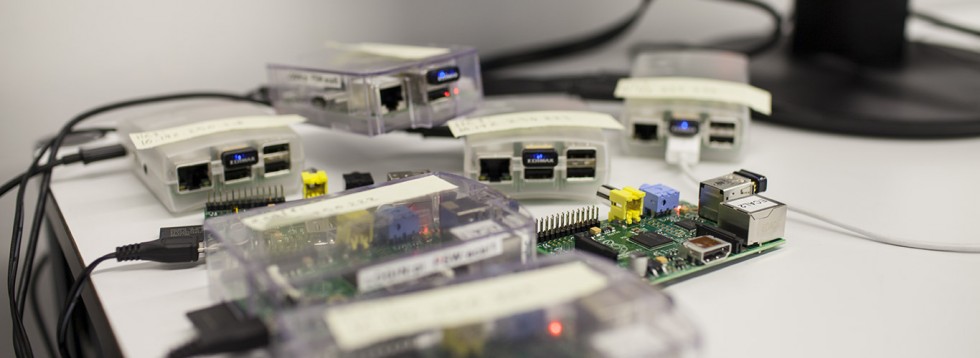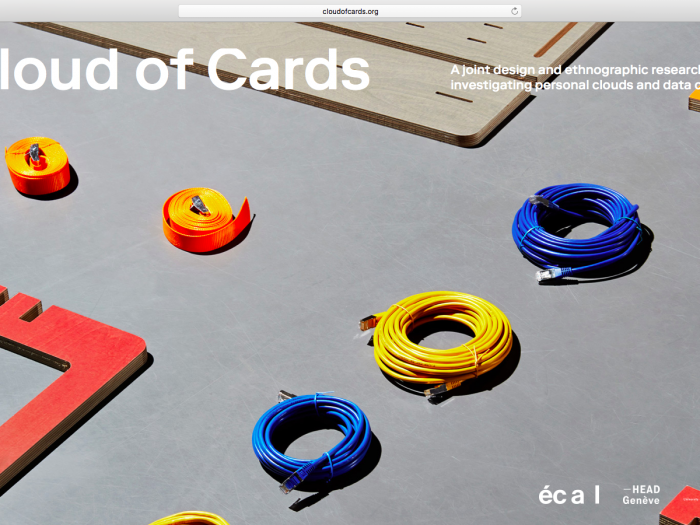
The Bots are running! The second workshop of I&IC’s research study started yesterday with Matthew’s presentation to the students. A video of the presentation might be included in the post later on, but for now here’s the [pdf]: Botcaves
First prototypes setup by the students include bots playing Minecraft, bots cracking wifi’s, bots triggered by onboard IR Cameras. So far, some groups worked directly with Python scripts deployed via SSH into the Pi’s, others established a client-server connection between their Mac and their Pi by installing Processing on their Raspberry and finally some decided to start by hacking hardware to connect to their bots later.
The research process will be continuously documented during the week.
